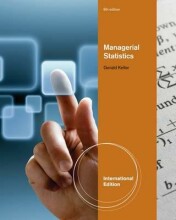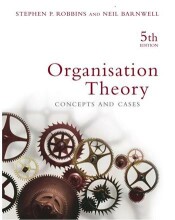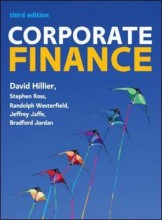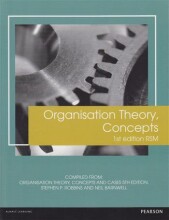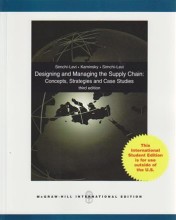Dividend Policy
7 important questions on Dividend Policy
What is a dividend?
Why can paying out dividends benefit a company?
2. Managers can destroy value by randomly spending excess cash
What are the advantages of paying out dividends?
2. Current consumption needs can be satisfied
3. Managers can keep money from creditors by making dividend payments
4. Board of directors can use dividend payments to avoid excess cash being wasted by managers
5. Can be used as signal that higher future cash flows are expected
- Higher grades + faster learning
- Never study anything twice
- 100% sure, 100% understanding
What are the disadvantages of paying out dividends?
2. Dividends decrease internal sources of financing
3. Decrease in payment results in a decrease in share price (once a firm is known for paying dividends)
4. Companies can pass on projects with positive NPV to pay out dividends
What are the 3 views on dividend payment?
2. Dividend is bad and an increase leads to the value of the company falling (when there are tax disadvantages)
3. Behavioural explanations
What are the 5 practical factors that may influence the decision between buying back shares or paying out dividends?
2. Executive compensation - Executives will want to repurchase shares as theirs will get more valuable as a result
3. Offset dilution - To combat the decrease in EPS when more shares are issued, shares are repurchased
4. Undervaluation - When a company feels the shares are undervalued, they repurchase to sell them again later when the price is up again
5. Taxes - When capital gains taxes are lower than dividend taxes, paying out is inadvisable.
In what cases is a reverse split a good idea?
2. Reverse split can decrease shareholders, which is good if you want more centralised decision making
The question on the page originate from the summary of the following study material:
- A unique study and practice tool
- Never study anything twice again
- Get the grades you hope for
- 100% sure, 100% understanding





















